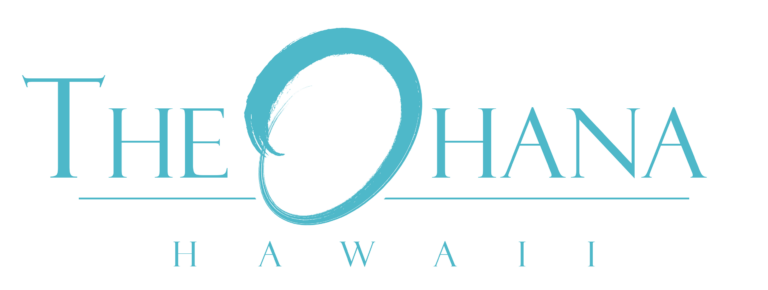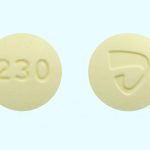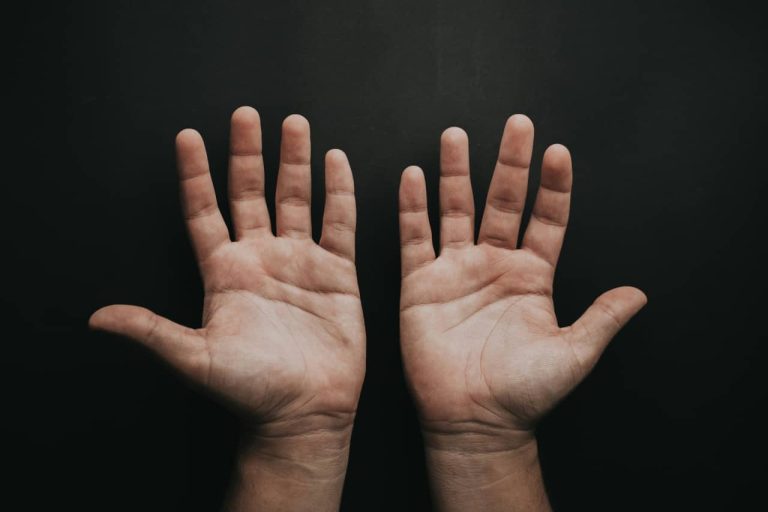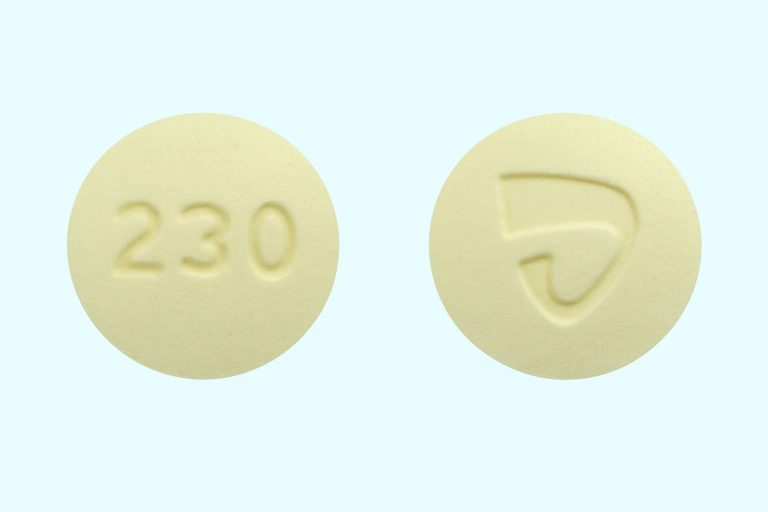With around 2% of the US population making non-medical use of drugs at any given time, many of us find ourselves close to someone in addiction recovery.
All anyone in that situation wants is to help their loved one continue breaking free of addiction and lead a full and happy life. But despite our best intentions, we could be unintentionally enabling them to continue using drugs or alcohol.
Keep reading for the key ways to avoid enabling and start supporting your loved one’s recovery.
How to Avoid Enabling
No one sets out to enable their loved ones to continue with their drug addiction. However, there are things that family and friends can do with the best of intentions after rehab that can prevent addiction recovery.
Some examples of enabling behavior include:
Not Facing Reality
Denial is a common reaction to learning a loved one is in addiction recovery. It can be hard to process that this is happening to your family or friends. You may be tempted to carry on as if nothing has happened, or presume that the battle is won once rehab has finished.
Don’t allow yourself to go down this path. It’s crucial to face the reality – drug addiction is a disease. Your loved one can recover, but it will take time, and need your support. Learn about their addiction. Discover how to provide the support they need. Communicate openly with your loved ones about their addiction treatment.
Covering Up or Minimizing the Consequences
On the road to recovery, relapses can and likely will happen. It’s how you deal with them that counts.
A classic enabling behavior is to cover up or minimize the consequences of the relapse. For example, if someone causes a mess while intoxicated or under the influence of drugs, don’t clean it up. It’s more beneficial for them to face it when they are sober.
It can be embarrassing and upsetting when your loved one relapses and lashes out at others. When this happens you may be tempted to smooth things over with work, friends, and family. It’s better though to let them face the music. This will bring home to them that their actions have consequences and take responsibility.
Sometimes their actions may require police intervention. Avoiding this could prevent them from facing the seriousness of their issues. Don’t tolerate criminal activity on the part of your loved one – let law enforcement do their job. In the long run, it will protect them and others.
Actively Enabling
Out of desperation, or in a misplaced effort to support their loved one, so may actively enable their drug or alcohol addiction. They may procure the drugs or alcohol for the person.
Sometimes people tell themselves that by doing this, they’re controlling the situation. They feel they’re saving them from putting themselves in dangerous situations outside the home.
However, this is dangerous and in many cases illegal. It also does not support your loved one to recover.
Enabling behaviors may spring from a good place – but they need to be avoided at all costs. Let’s see how you can support your loved one to make a successful recovery from drug or alcohol addiction.
How to Support Your Loved One
It’s very important to recognize that rehab is not a cure for addiction.
After rehab, your loved one needs ongoing support to help them stay free of drugs or alcohol. Supporting a loved one includes educating yourself about their particular addiction. This will help you know what will help them and hinder them on the road to long-term recovery:
Create the Right Environment
If your loved one is returning to live with you or will visit your home regularly, create an environment that will support their recovery.
The first thing to do is clear your home of all stimulants and alcohol. That means more than just clearing them out of sight. Remove them completely to take away the temptation.
Keep your home clean and tidy. Clutter and mess can cause stress. A clean and neat environment is restful and promotes recovery. At the same time, keep it homely and welcoming.
Encourage Healthy Habits
There is scientific evidence to suggest that exercise can form a key part of recovery from addiction. This doesn’t have to mean intense exercise – even something as simple as going for a walk or doing gentle stretching can be a good start.
It may be hard for your loved one to find the motivation to create their own exercise schedule. Give them some gentle encouragement. Offer to accompany them if appropriate. You may be able to help them start to replace their old, negative habits, with new, healthy ones.
Specialist Recovery Center
After rehab, you may worry about the level of support you can provide for them. A specialist recovery center can provide tailored support. They’re there to support addiction recovery beyond rehab.
They offer both inpatient and outpatient programs for drug and alcohol addiction. They will create an individual treatment plan, specifically designed to help your loved one remain drug-free. Their treatment may include therapy such as cognitive behavior therapy or psychodynamic therapy.
Holistic therapy approaches equip those in addiction recovery with tools they can use to avoid relapse when they return home.
Supporting a Loved One Through Addiction Recovery
Addiction recovery is possible – but it’s a team effort.
If you’re on the team of a recovering addict, your positive support can make a huge difference. By avoiding enabling behavior and providing ongoing support, you can help them regain their health and happiness.
Once your loved one has completed rehab, The Ohana can provide the continued support they need to achieve long-term sobriety. Our inpatient and outpatient programs support individuals recovering from drug and alcohol addiction.
Contact us today to learn more about our programs.













